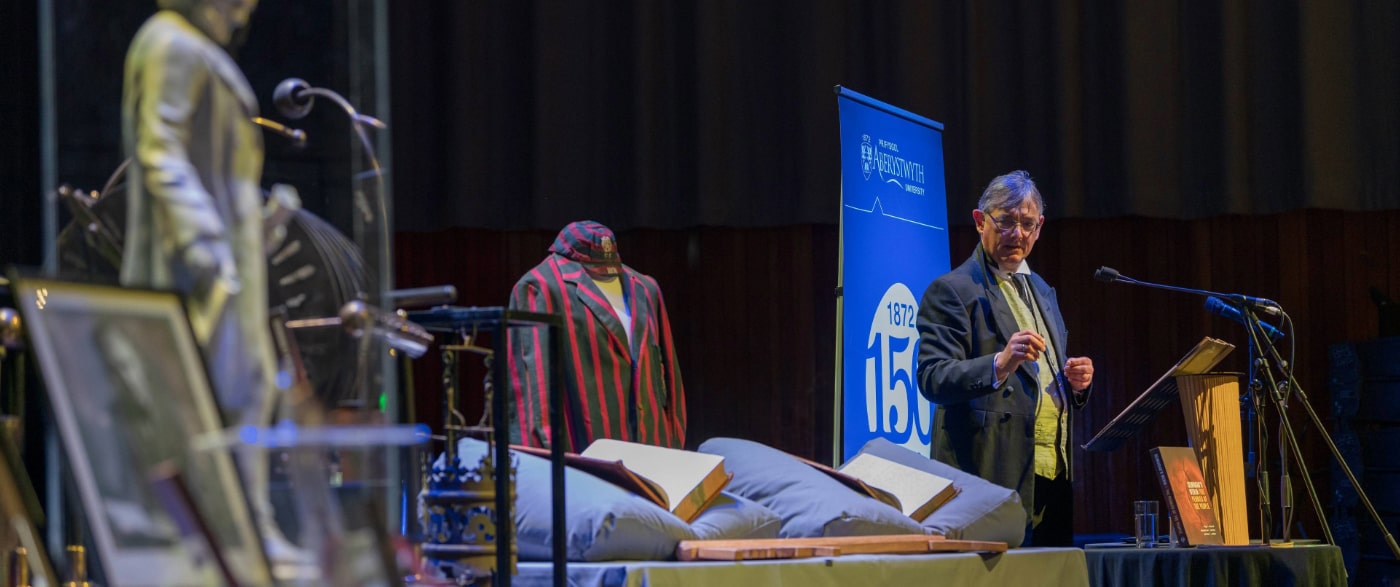Scientific Futures: History Informing Tomorrow’s World

Researcher
Professor Iwan Morus
The Overview
We still imagine the future according to a Victorian rulebook, and this has important consequences for the ways in which we deal with many contemporary concerns.
Professor Iwan Morus worked with key beneficiaries to explore the ways in which narratives about the future were made in different historical settings. His research has succeeded in fostering public awareness of how futures past were constructed and, by doing so, has informed current discussions about new technological futures. His work has had an impact on museum and exhibition strategies, on television and radio programming, and on public understanding.
The Research
Professor Morus has been carrying out research around the history of the future since 2012. A significant proportion of this research was conducted as part of the AHRC-funded project Unsettling Scientific Stories, which ran from October 2015 to December 2018.
The Aberystwyth University strand of the research focused on the Victorian and Edwardian periods, representing a continuation of Professor Morus’s longstanding research interest in scientific spectacle and its contribution to imagining the future in the past.
His research has examined the ways in which narratives about the future, both factual and fictional, were constructed and circulated in the context of Victorian and Edwardian technological culture. It has focused on key figures (such as William Robert Grove, Sebastian di Ferranti, Nikola Tesla and H. G. Wells) and new technologies both real (like the wireless telegraph) and imagined (like the telectroscope).
Evoking imagined futures was a key aspect of late Victorian and Edwardian technological cultures. Imagining futures in which new technologies would find a place was central to the business of invention. Crucially, many of the assumptions still made about the ways in which futures might be generated – and by whom – have their origins during this period.
An October 2017 essay for The Conversation was re-published by several websites, including by the World Economic Forum.
The Impact
Informing Public Understanding
Enhancing the Quality of Museum and Gallery Exhibitions
Influencing TV and Radio Programming

Get in touch
As a University, we’re always keen to share our knowledge and expertise more widely for the benefit of society. If you’d like to find out more or explore how you can collaborate with our researchers, get in touch with our dedicated team of staff in the Department of Research, Business and Innovation. We’d love to hear from you. Just drop an e-mail to:
Research Impact Case Studies | Research Theme: Culture
